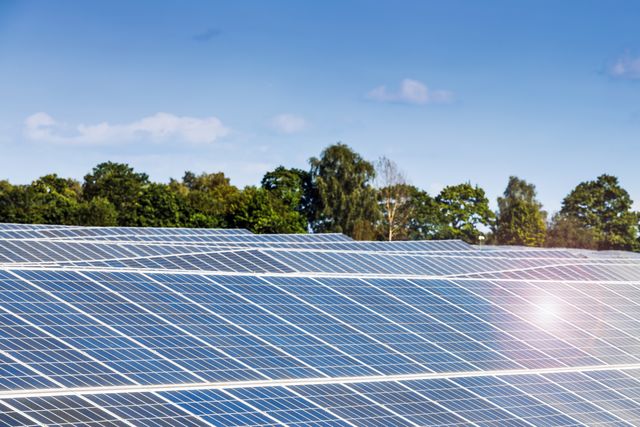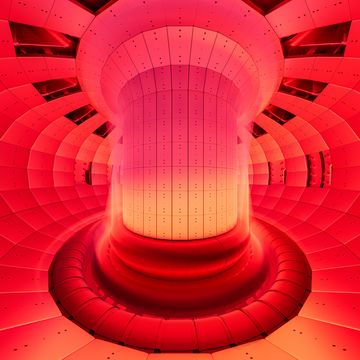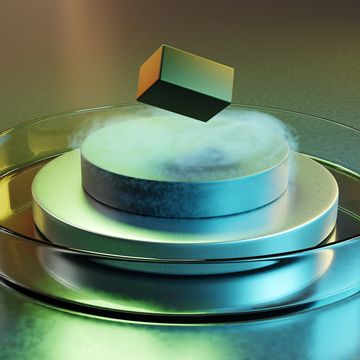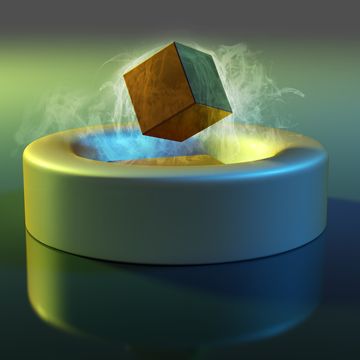Researchers at the University of British Columbia have developed a new kind of solar cell that can convert sunlight into electricity, but instead of using electronics like most solar cells, this particular invention relies on bacteria.
Many bacteria are already capable of turning sunlight into energy using photosynthesis. This is thanks to a chemical that the bacteria produce, although the specific chemical varies based on the species of bacteria. Some groups of researchers in the past have attempted to isolate these chemicals and use them inside solar cells, but the process of isolating them is difficult and tends to destroy the photosynthetic chemicals.
The University of British Columbia researchers instead left the chemicals inside the bacteria, and used those bacteria themselves to generate electricity. The researchers bred E. coli bacteria to grow large amounts of the photosynthetic chemicals and then covered those bacteria with semiconducting materials to produce electricity.
This new method allowed the researchers to gain a big advantage over other bacteria-based solar cells, nearly doubling the amount of electricity collected. That’s still not quite enough to compete with traditional solar panels, but this new bacteria-powered solar cell does have other advantages as well.
In particular, the photosynthetic chemicals used by the E. coli in the solar cell work just as well in low light as in bright, direct sunlight, meaning they can still generate plenty of electricity on cloudy days. In addition, these solar cells are made without the expensive materials and complicated manufacturing required for conventional solar panels, which mean these should be cleaner and cheaper to produce.
Bacteria-powered solar panels are still a long way from the market, and the researchers are hoping to improve their design to keep the bacteria alive longer. But perhaps someday, we’ll use bacteria-generated electricity to run all our homes and cities.
Source: University of British Columbia














